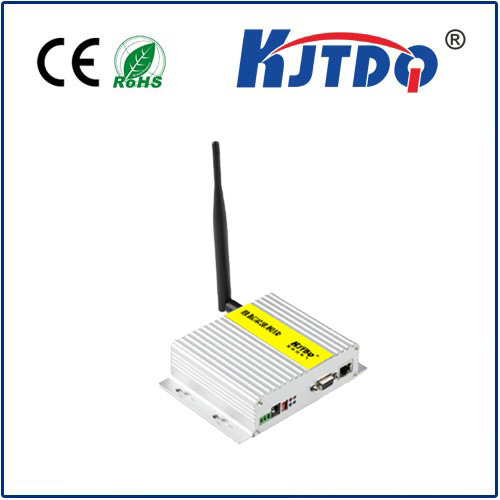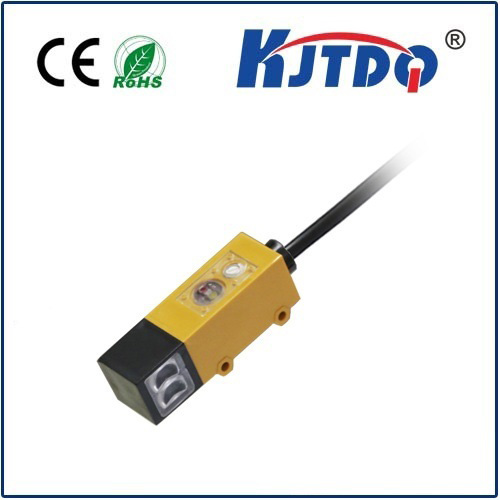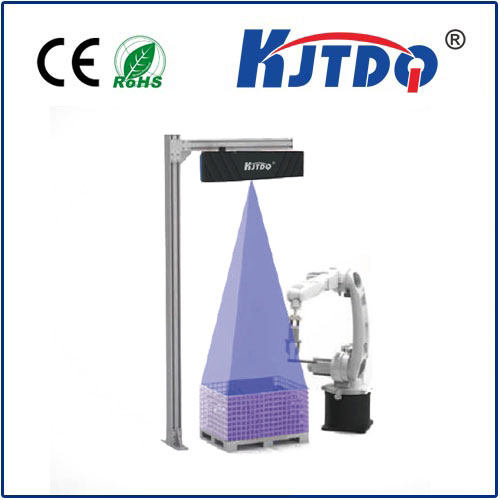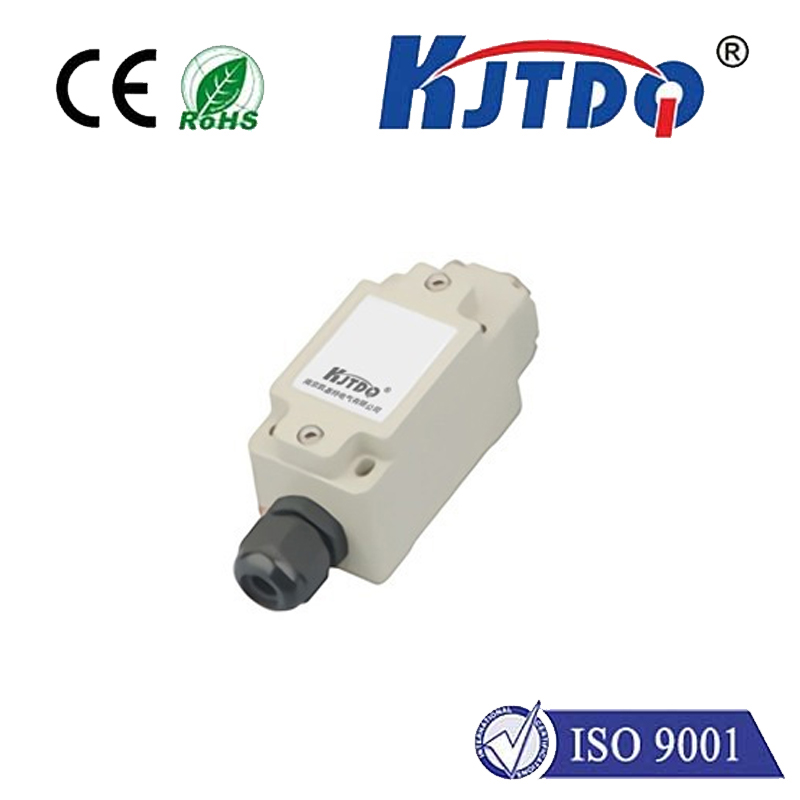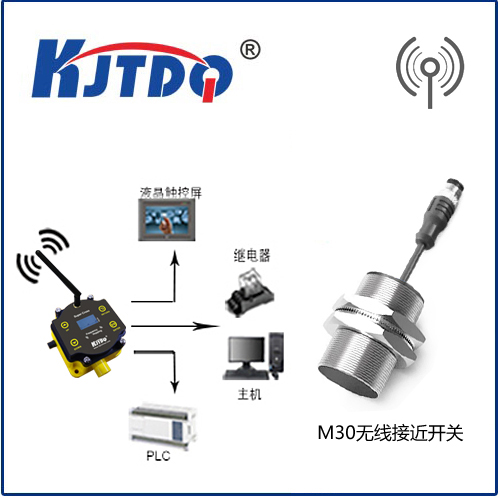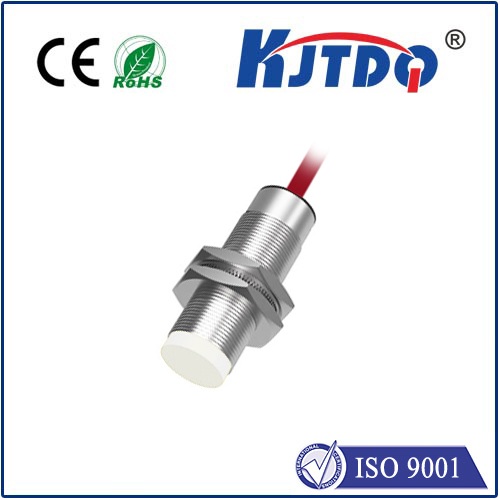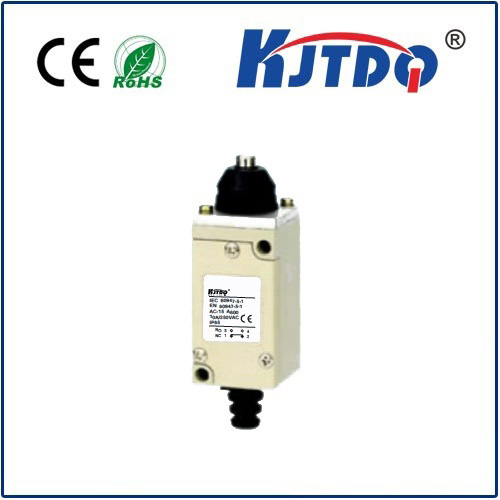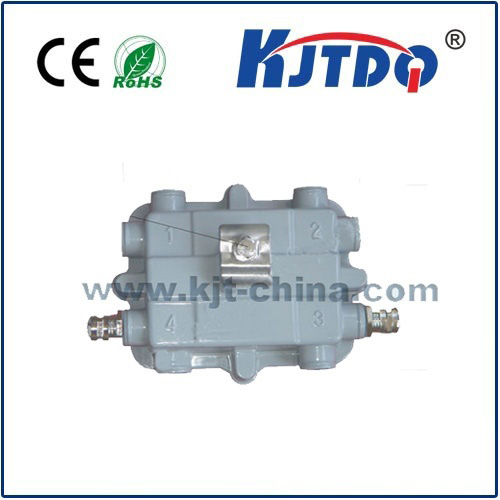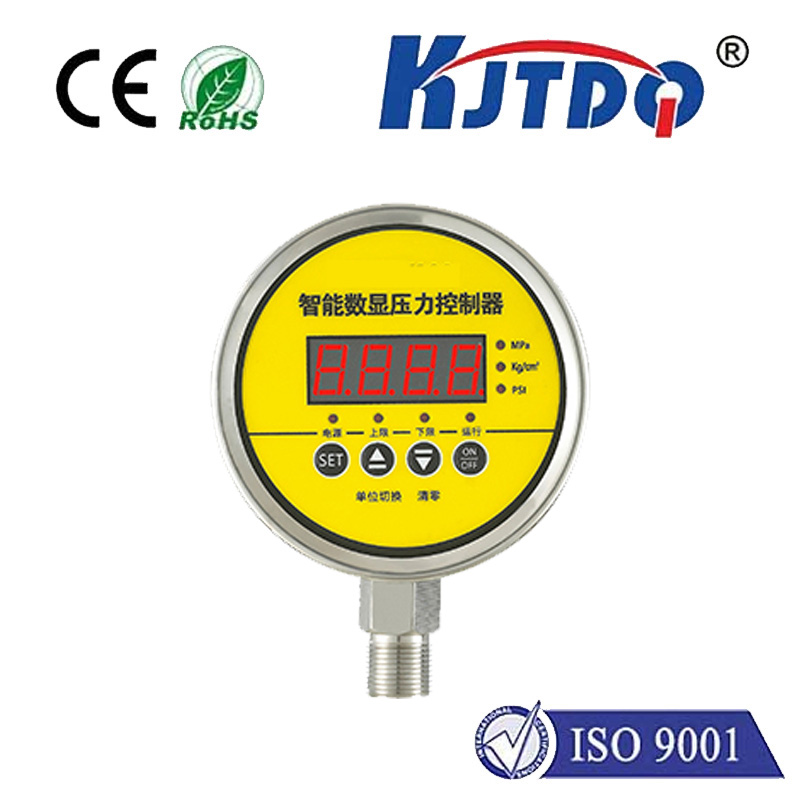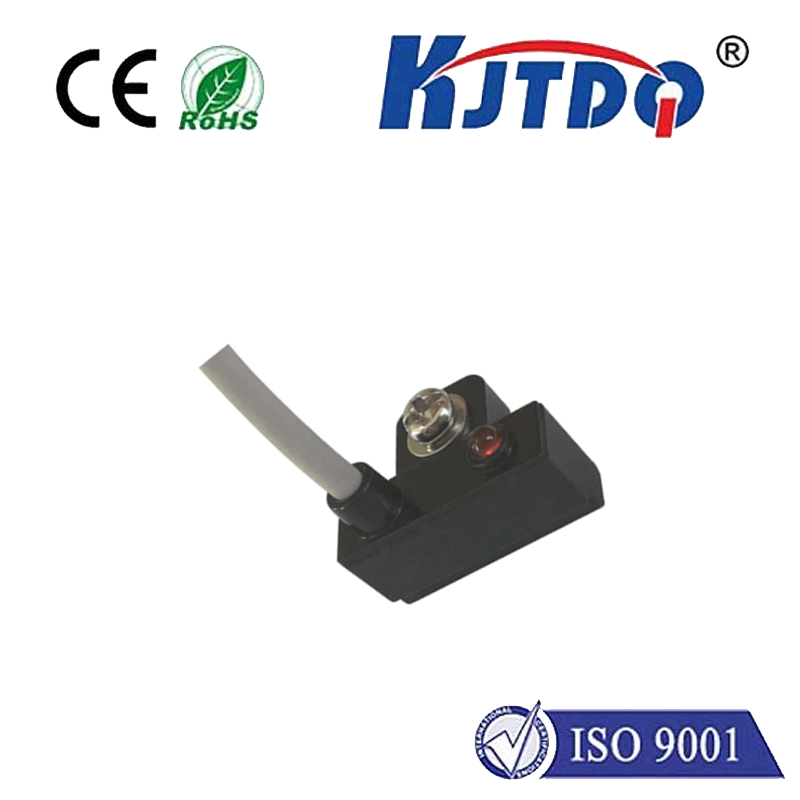
check

check

check

check
Introduction:
Proximity sensors are a type of sensor that detects the presence or absence of objects, typically used to trigger an action in response to a change in distance. One popular variant of proximity sensors is the 24VDC proximity sensor, which operates on a low-voltage battery and has gained popularity due to its cost-effectiveness and reliability. In this article, we will explore the diverse applications of 24VDC proximity sensors across various industries and their advantages over other types of sensors.
Section 1: Industrial Applications of 24VDC Proximity Sensors
A) Manufacturing: Proximity sensors are commonly used in industrial manufacturing processes for自动化 operations and quality control. They can be installed on machines to detect when they have reached a certain distance from an object, triggering actions such as stopping the machine or changing the direction of movement. This not only improves efficiency but also reduces the risk of accidents caused by human error.
B) Warehouse Management: In warehouses, proximity sensors can be used to track the location and movement of goods, helping managers to optimize storage space and improve inventory management. By detecting when items are nearby or out of reach, these sensors can prevent collisions and damage to valuable goods.
C) Security and Access Control: Proximity sensors are also widely used in security systems to monitor entrances and exits. They can detect when individuals are approaching a restricted area and trigger alerts or disable access until authorized personnel arrive. This enhances safety and streamlines security procedures.
Section 2: Benefits of Using 24VDC Proximity Sensors Over Other Types of Sensors
A) Cost-Effectiveness: Compared to other types of sensors, 24VDC proximity sensors tend to be more affordable, especially for long-term use. This makes them an attractive option for businesses looking to save costs without compromising on performance.
B) Easy Installation: Because 24VDC proximity sensors do not require complex wiring or specialized equipment, they can be easily installed in various settings. This reduces labor costs and allows for quick integration into existing systems.
C) Long Battery Life: Thanks to their low-voltage operation, 24VDC proximity sensors have a longer battery life than high-voltage sensors, making them suitable for applications that require continuous monitoring over extended periods.
Conclusion:
In conclusion, 24VDC proximity sensors have become a crucial component in many industries due to their affordability, ease of installation, and reliability. From factory automation to warehouse management and security systems, these sensors offer numerous benefits that make them an ideal choice for businesses looking to improve efficiency and safety while saving costs. As technology continues to advance, it is likely that 24VDC proximity sensors will play an even greater role in shaping the future of various industries.
